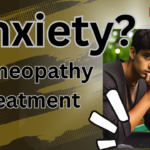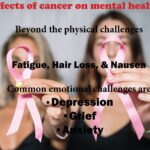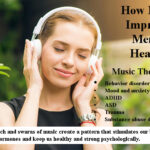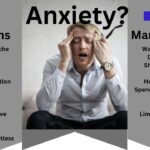Identifying and Mitigating Anxiety Issues ; Are you currently grappling with escalating anxiety and depression issues? Perhaps you find yourself losing interest in activities that once brought joy, experiencing feelings of despair, restlessness, or overwhelming emotions? If any of these distressing emotions resonate with you, it is crucial to seek the assistance of a medical professional promptly.
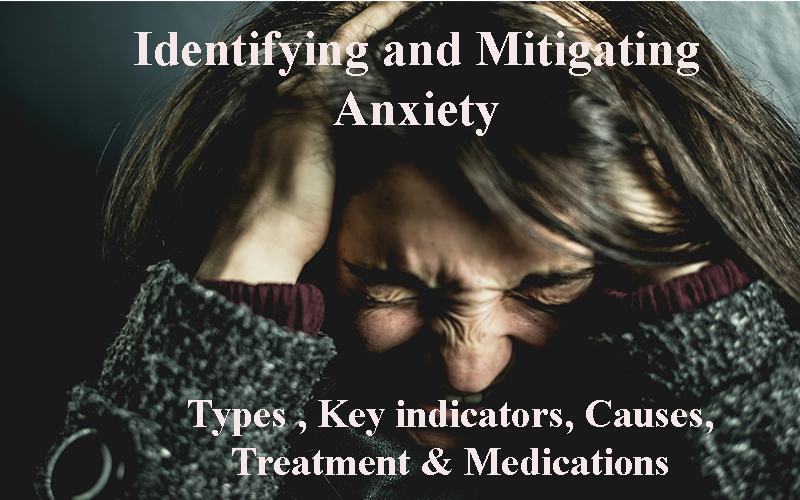

Anxiety and depression are among the most prevalent mental health conditions affecting a significant portion of the global population. Approximately 350 million individuals worldwide grapple with anxiety disorders annually, with 1 in 10 individuals at risk of experiencing them at some point. Recognizing these issues constitutes the initial step towards addressing anxiety and depression. Familiarizing yourself with the symptoms not only enhances understanding but also aids in proactive decision-making for a healthier future.
Distinguishing between the symptoms of anxiety and depression can be challenging for many. However, it’s essential to recognize that these conditions often coexist, with anxiety and depression acting as two sides of the same coin. As the saying goes, “We get anxious when we are depressed, and we become depressed when we are anxious.”
Anxiety Disorders
Individuals dealing with anxiety disorders may experience heightened fear or unease in specific situations, accompanied by physical symptoms such as perspiration and a racing heart. While some level of anxiety in unfamiliar situations is normal and healthy, persistent and overwhelming anxious thoughts can significantly impact daily life, relationships, and overall well-being.
Key indicators of prolonged anxiety include:
Sleep disturbances
Rapid breathing
Sweating
Palpitations
Rapid heartbeat
Agitation
Feelings of despair
Fatigue
Difficulty focusing on anything other than the current problem
Causes of Anxiety Disorders
Contrary to misconceptions associating anxiety issues with lack of confidence or self-esteem, these conditions require careful, patient, and medical intervention. They are not caused by personal flaws, emotional weaknesses, or parenting issues. Various factors can trigger anxiety, including:
Genetic predisposition
Trauma
Chemical instability resulting from extreme or chronic stress
Types of Anxiety Disorders
Obsessive-Compulsive Disorder (OCD): Characterized by repetitive actions aimed at alleviating obsessive thoughts.
Generalized Anxiety Disorder (GAD): Involves intense and unreasonable stress without apparent justification.
Post-Traumatic Stress Disorder (PTSD): Occurs after exposure to a traumatic event.
Panic Disorder: Marked by sporadic, intense feelings of dread or fear.
Social Phobia or Social Anxiety Disorder: Involves extreme self-consciousness and anxiety in public encounters.
When to Consult a Doctor
If you are experiencing anxiety-related symptoms, it is advisable to consult a doctor promptly. Waiting until symptoms worsen or additional issues arise is unnecessary. You don’t need to exhibit all anxiety symptoms to seek professional advice.
Treatment & Medications
The primary treatments for pervasive anxiety disorders include psychotherapy and medication. Combining both approaches may yield the best results, although finding the most effective treatment for an individual may require some experimentation. Cognitive-behavioural therapy has proven to be particularly successful in treating anxiety disorders. Don’t hesitate to seek help; your mental well-being is paramount.
Dr. Chalapathy
Vydehi Super Specialty Hospital (VSH), Vittal
Mallya Road, Ashok Nagar, Bengaluru 500001
Ph: 080-22277979/9148972991
Vydehi Institute of Medical
Sciences & RC, White field, Bangalore – 560066
ph : +91-80-4906 9000 Extn:1147/1366 www.vims.ac.in



